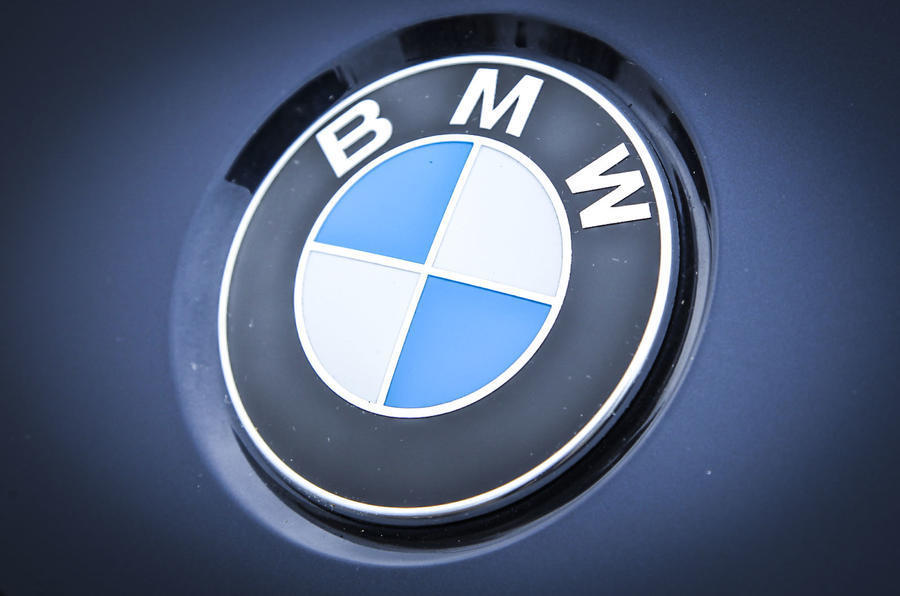BMW's delay in recalling cars with a known electrical fault contributed to a man's death, an inquest has found.
In December 2016, Narayan Gurung, a 66-year-old former serviceman, was killed when he struck a tree in his Ford Fiesta. He had swerved to avoid a broken-down BMW that had suffered the known electrical fault, which, as a result, had no lights on in the dark because it was without power.
The inquest found that BMW's actions contributed to Gurung's death, but there was insufficient evidence to suggest corporate manslaughter, reports the BBC.
An inquiry into the electrical fault ruled that BMW did not respond quickly enough to rectify it and potentially prevent the fatality. It revealed that BMW had received complaints of the electrical issue as early as 2011, but the Driver & Vehicle Standards Agency (DVSA) wasn’t made aware of it until October 2014 when a consumer — not the manufacturer — contacted the organisation. At that time, it was estimated that around 370,000 cars could be involved, although BMW had fixed only around five under warranty.
While the DVSA had accused BMW of providing false information of the electrical issue, the organisation itself has also been criticised for not pressuring BMW into issuing the recall sooner. It has begun work on a revised code of practice for recalls that's expected to come into effect later this year.
BMW described the incident as a "tragic accident". A statement read: "We need to reflect on what the coroner has said this morning, including her observations about the code of practice. Whilst BMW considers that it has followed all the processes required by the relevant regulations, we recognise the need for the automotive industry to review relevant processes and procedures. BMW UK would welcome the opportunity to work with DVSA in relation to its review of the code of practice."
BMW issued a recall for 36,410 UK cars in April 2017, but it has now expanded this to around 311,800 cars so that it can issue a parts change free of charge to fix the problem. Owners of affected cars will be contacted in the coming weeks and work is said to take less than two hours.
The DVSA told Autocar that BMW knew of 19 cases for an issue that can render a car completely powerless back in 2014, but that it provided “incorrect information” that prevented “an informed decision” from being made to avoid a serious accident.
The issue came to light during an investigation by the DVSA and a subsequent investigation by the BBC’s Watchdog. It is now known that close to 312,000 cars, including 1 Series, 3 Series, Z4 and BMW X1 petrol and diesel models produced between March 2007 and September 2011, are affected in Britain.
BMW says the problem stems from a "design of wiring configuration that means vehicle vibrations could potentially cause frictional corrosion on the plug of the power distributor". That means a vehicle's battery could lose connection to the fuse box, cutting out the engine and leaving the driver unable to switch on the brake or hazard lights.






Join the debate
Add your comment
Dangerous Manufacturers
I bought a Nissan Juke 1.2 dig-t June 2015
wife pulled out onto a roundabout and the power dropped and slowed to respond
this continued to happen for 2.5 years until they admitted it needed a new engine
nissan also new about these engines and was slow to respond in 2015
it was only by the grace of god my wife was not involved in a serious accident
i informed the dealership twice I wanted to reject the car as it was dangerous and told them to inform Nissan I even directed them to look to the Nissan Juke forums for similar cases
the dealership said they had to be given time to rectify the car and I could not reject
it looks like Nissan is also at fault very similar circumstances as BMW how many more manufacturers are trying to admit liabillity when there technology fails
Detail
Saw pictures of the scene in question and the BMW couldn't have stopped in a worse place on a quick'ish corner, half on the fast road, only a little bit on the verge (probably to worried about damaging the car) and a bit on the slip road. Can totally understand how it caught the other driver out in the dark
Reflectors??
No-one seems to have mentioned the requirement for all vehicles to have rear red reflectors, and cars also have yellow reflecting numberplates.
So I suggest the driver wasn't paying attention and/or driving beyond his seeing distance.
We appear to be becoming a 'blame' culture, caught from the Americans...
johnSF wrote:
True.
Without knowing the intricate details I say both sides (Ford driver and BMW) are at fault.
But, yes, Americans can afford the blame culture against foreign companies because they can exploit this to their advantage and kill two birds with the same stone - get paid and supress the competition from abroad. Europeans should learn to blame Americans to level the playing field, because the shot the States produce in their factories is no better than European/Asian stuff.